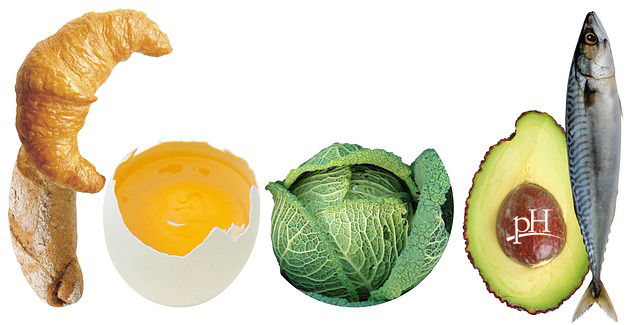Why doctors need better nutrition training in med school
11 years ago | Nutrition
By pH health care professionals
Extensive research has shown a link between the food you eat and your health. But even still, nutrition receives little, if any, attention in medical practices, due in part to the lack of nutrition education in medical school curricula.
Why nutrition matters
Nutrition is considered one of the most important prevention strategies for obesity-related conditions including heart disease, cancer Type 2 diabetes, stroke and hypertension. This is a big issue -- more than a third of American adults are obese, the CDC says.
Yet, most physicians do not feel comfortable discussing nutrition with their patients, and most medical students readily admit that they do not get enough training in nutrition during medical school. And studies confirm this, indicating that most U.S. medical schools and teaching hospitals lack adequate nutrition-related training. Medical students spend many hours memorizing the intricacies of cellular metabolism, but very little emphasis is placed on the practical application of assessing and managing the nutritional problems of patients.
However, the tides are turning. Initiatives and support are growing for medical nutrition education. For example, the Nutrition Academic Award (NAA) by the National Heart, Lung, and Blood Institute of the National Institutes of Health encourages the development and enhancement of medical curricula that are focused on nutrition and prevention of cardiovascular disease, diabetes, obesity and other chronic disease.
What should be done?
- Include nutrition in the national requirements for medical training. If nutrition is viewed with the same regard as pathology, infection, physiology and biochemistry, it is more likely to be integrated throughout the curriculum instead of being a stand-alone issue, which is learned and forgotten.
- Include dietary and nutrition assessment as part of the medical history and physical examination skills taught. Nutrition assessment has been defined by A.S.P.E.N. as “a comprehensive approach to diagnosing nutrition problems that uses a combination of the following: medical, nutrition and medication histories; physical examination; anthropometric measurements; and laboratory data. Nutrition assessment performed by a nutrition support clinician is a rigorous process that includes obtaining diet and medical history, current clinical status, anthropometric data, laboratory data, physical assessment information, and often functional and economic information; estimating nutrient requirements; and, usually, selecting a treatment plan.”
- Get medical schools’ administration on board. One of the most important basic tasks is influencing department chairmen and deans to emphasize nutrition in the curriculum. Forming a separate administrative division of nutrition will do much to advance the visibility of nutrition, but may require a considerable fundraising effort, which may be facilitated by recent requests for proposals from the National Cancer Institute and other organizations.
Physicians – as opposed to non-physician nutritional experts – are in a much better position to effectively address nutritional issues in conjunction with other chronic issues they routinely see. They should know about nutritional needs and guidelines, calculate and interpret BMI, know when and how to give nutritional support, and be aware of the importance of using nutritional screening tools to see if referral to a dietician is required.
Enjoy Your Healthy Life!
The pH professional health care team includes recognized experts from a variety of health care and related disciplines, including physicians, attorneys, nutritionists, nurses and certified fitness instructors. This team also includes the members of the pH Medical Advisory Board, which constantly monitors all pH programs, products and services. To learn more about the pH Medical Advisory Board, click here.







